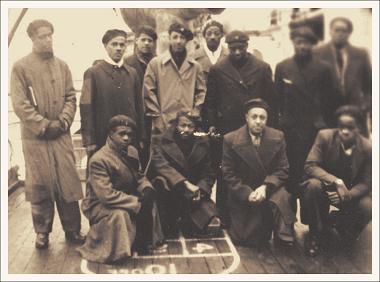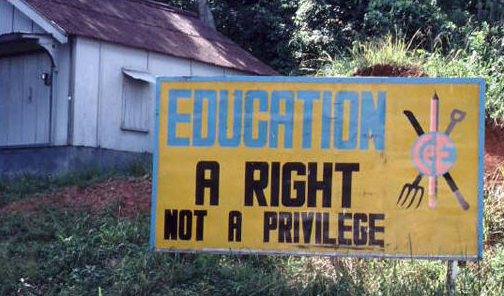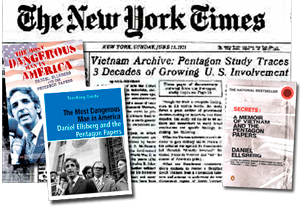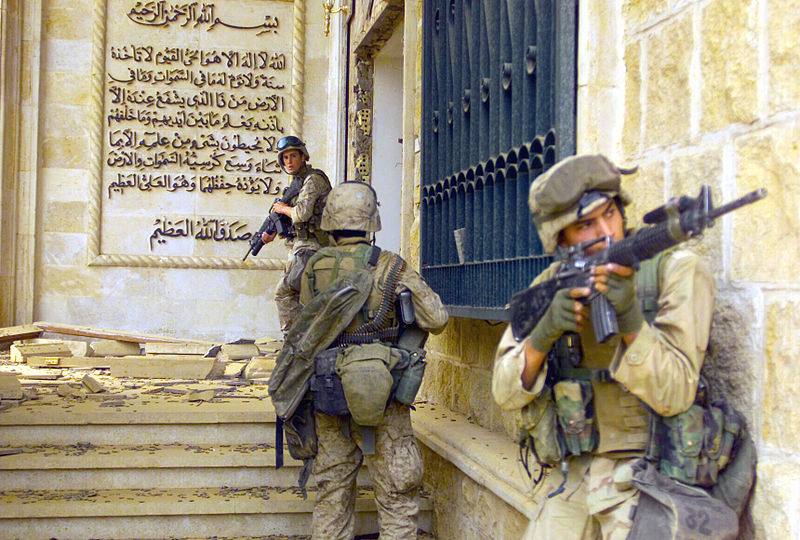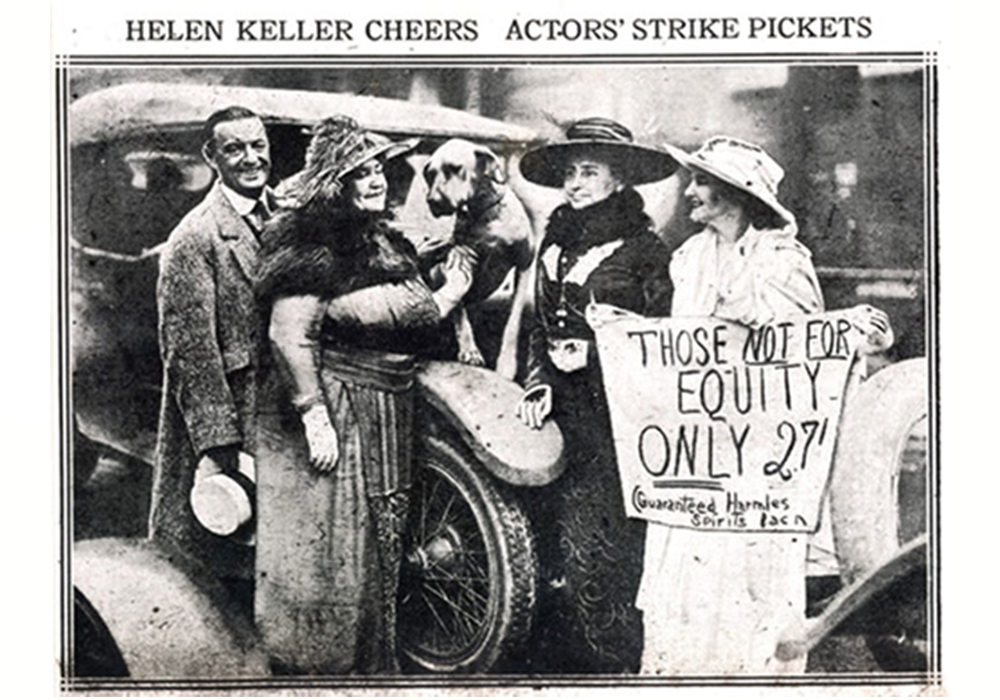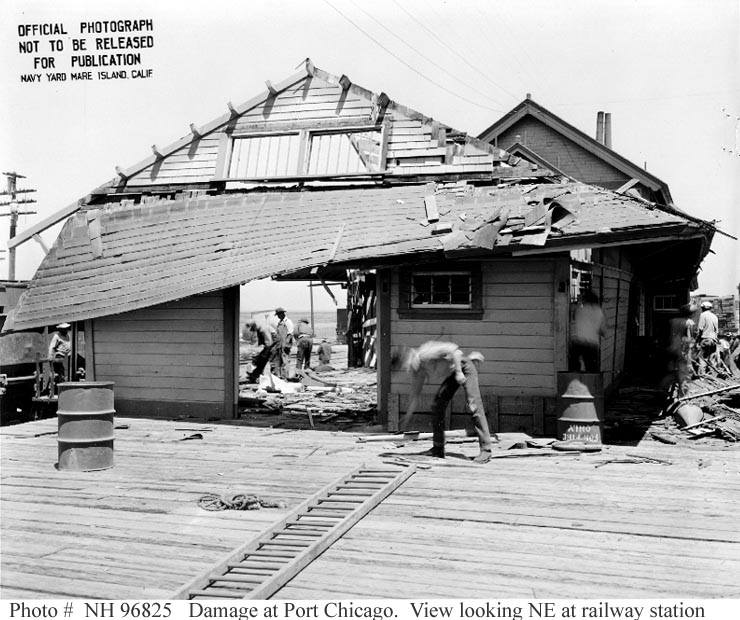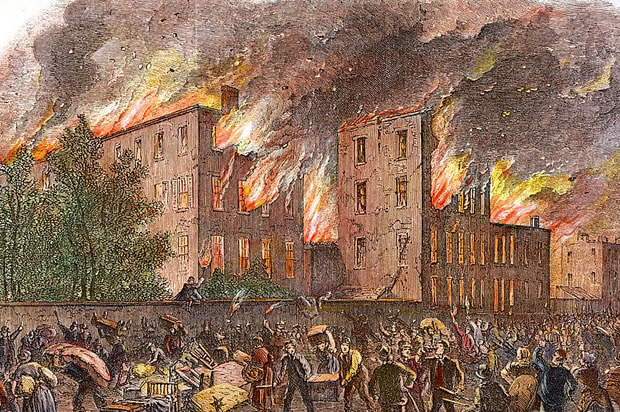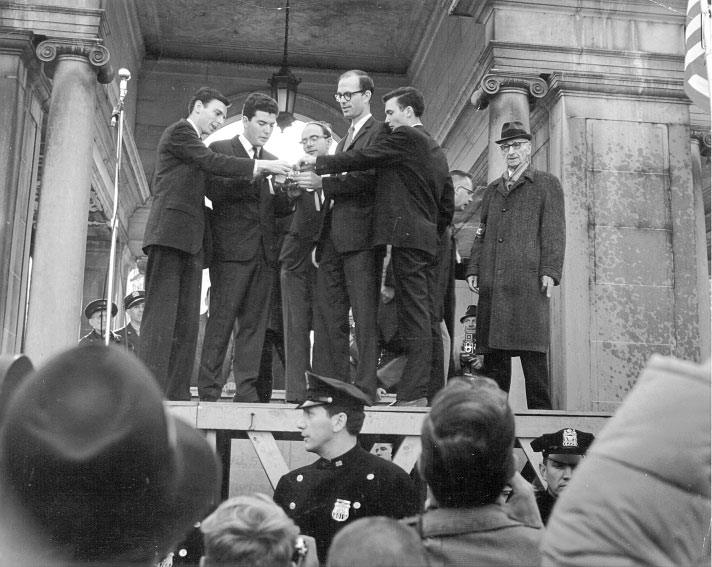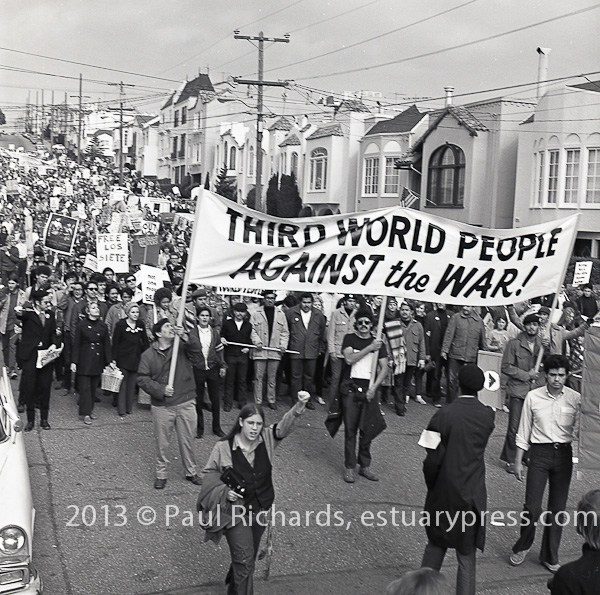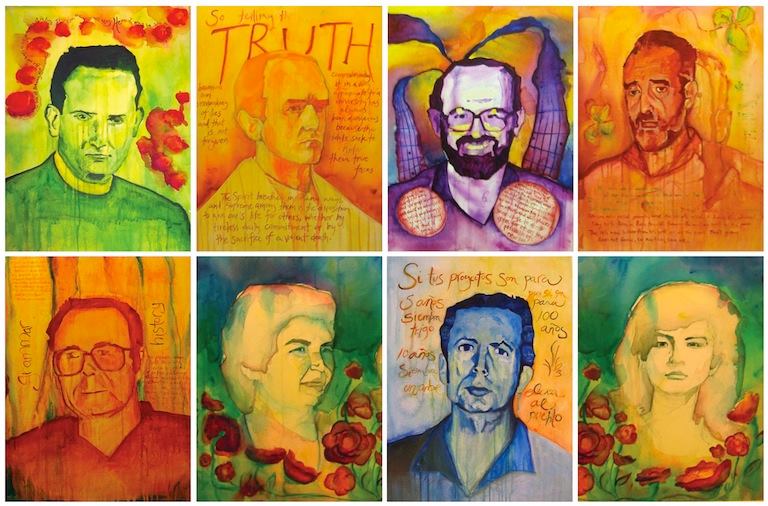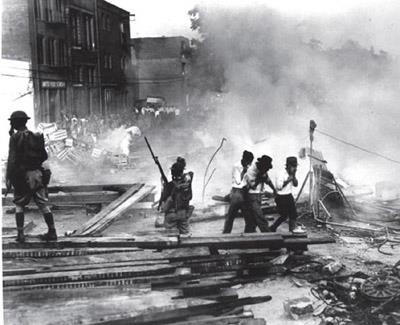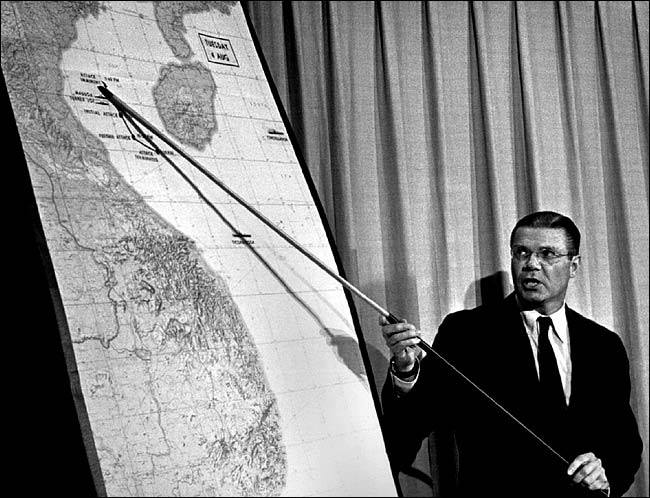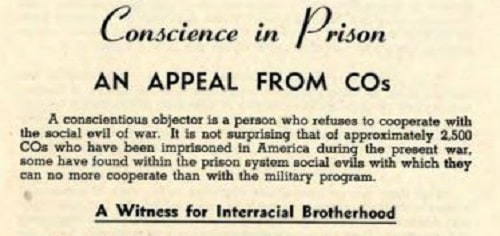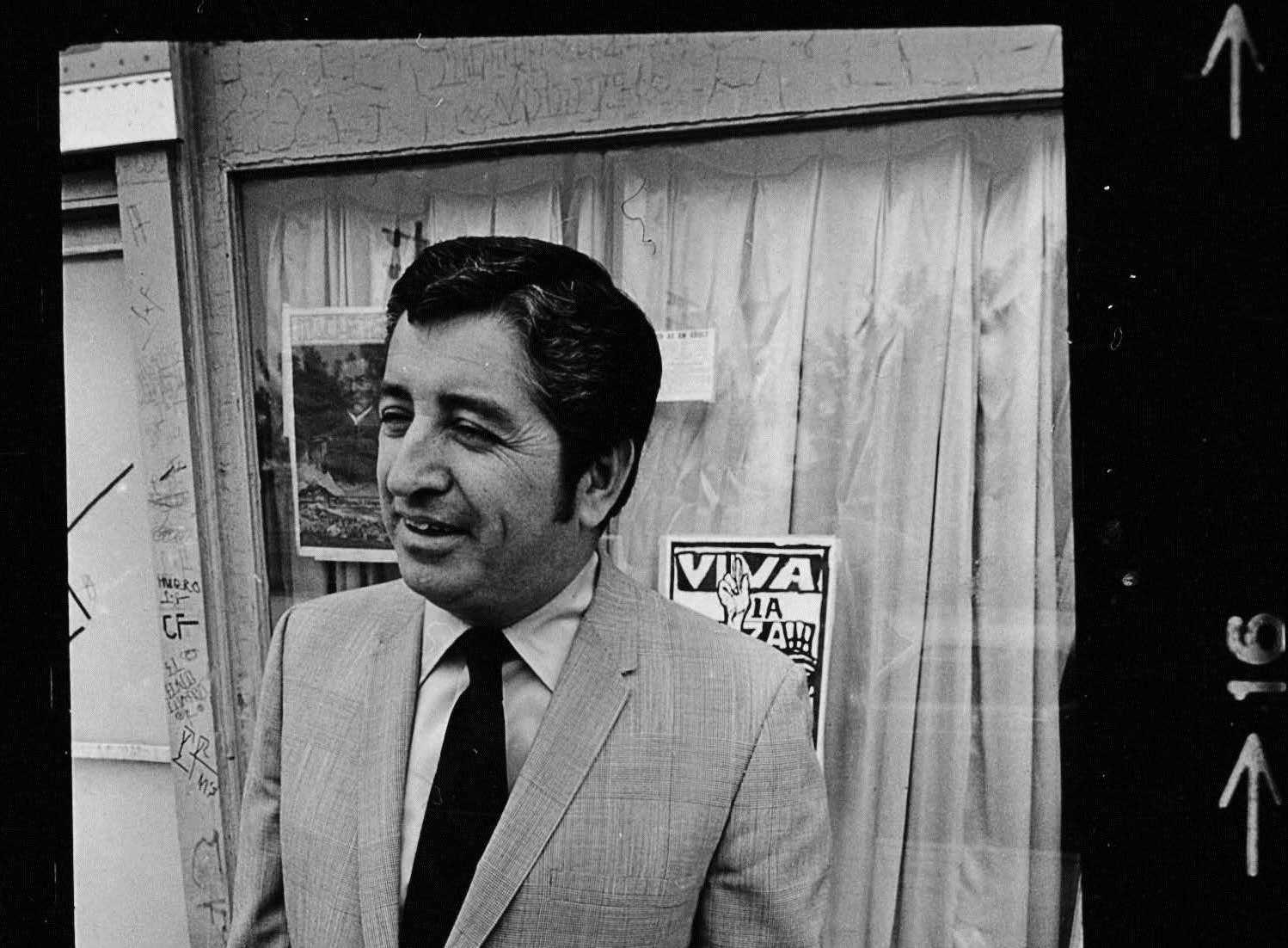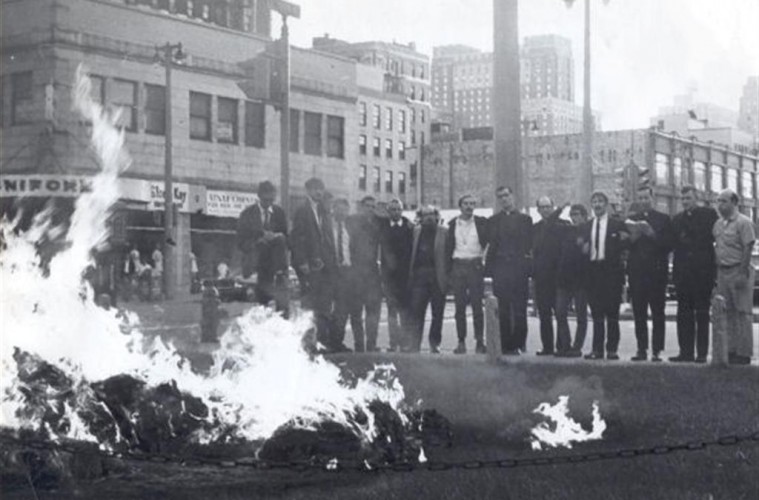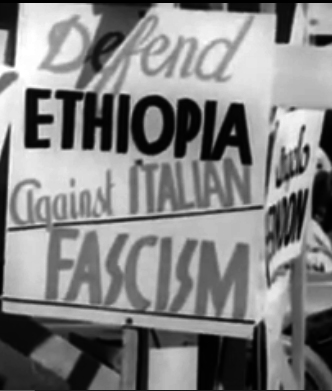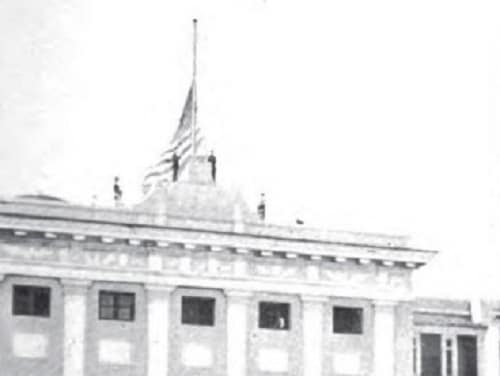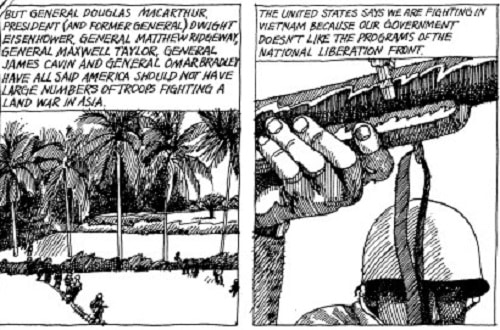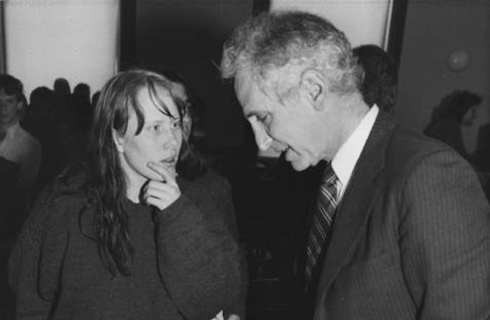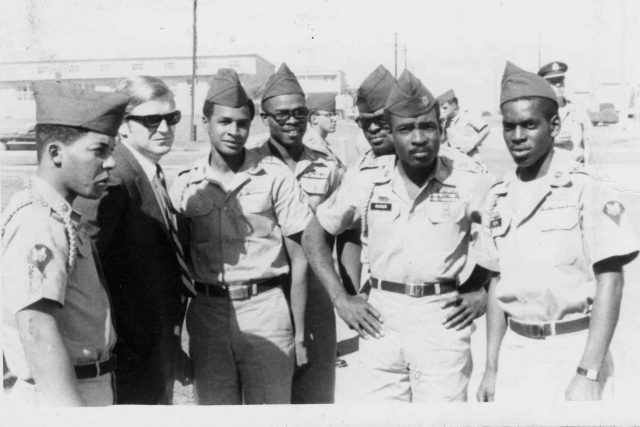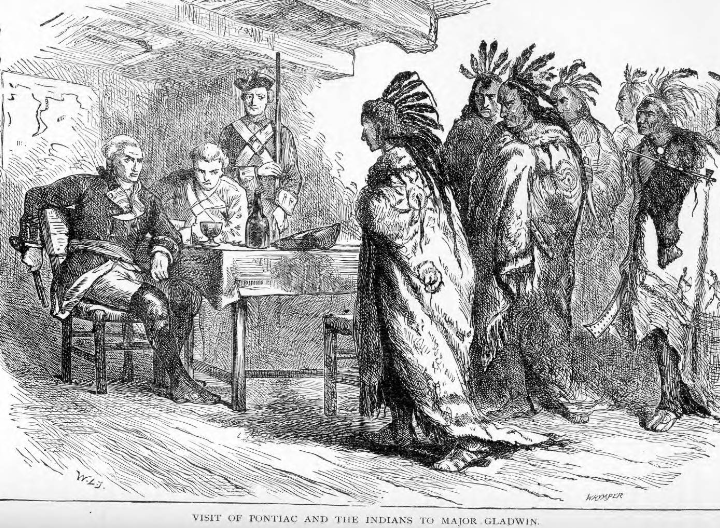During the No Gun Ri Massacre, the U.S. Army ordered that all Korean civilians traveling and moving around the country must be stopped.
Continue reading
A deadly munitions explosion occurred at the Port Chicago Naval Magazine in Port Chicago, California. When the surviving African Americans sailors demanded safer conditions before returning to work, they faced court martial and jail.
Continue reading
The New York City Draft Massacre (“Riots”) were the largest civil insurrection in U.S. history besides the Civil War itself. White mobs attacked the African American community — committing murder and burning homes and institutions (including an orphanage.)
Continue reading
Using arms from the United States, Indonesian troops fired on a peaceful procession in East Timor, killing more than 270 people.
Continue reading
Draft cards burned in solidarity with David Miller, a Catholic pacifist who was one of the first to publicly burn his draft card.
Continue reading
The second anti-war Moratorium occurred with over 500,000 marching in Washington, D.C. and demonstrations throughout the country and the world.
Continue reading
Six Jesuit scholars/priests and two staff members were murdered by the U.S.-backed military in El Salvador.
Continue reading
The U.S. government attacked an encampment of Black and white WWI veterans with tanks, bayonets, and tear gas.
Continue reading
The Gulf of Tonkin Resolution was passed without a single dissent in the House of Representatives, and only two no votes in the Senate, leading to increased U.S. aggression in Vietnam.
Continue reading
Conscientious objectors began a hunger strike at Lewisburg Federal Penitentiary.
Continue reading
The National Chicano Moratorium March was held to protest the Vietnam War and Latino journalist Ruben Salazar was killed.
Continue reading
Fourteen people removed and burned 10,000 draft cards from the Milwaukee draft board.
Continue reading
The United States and United Kingdom began the war in Afghanistan.
Continue reading
U.S. officials denied any involvement in the bombing of North Vietnam.
Continue reading
Three nuns and a lay worker were killed in El Salvador by members of the U.S.-backed National Guard.
Continue reading
Sixty people were arraigned on charges of disorderly conduct stemming from a sit-in to block CIA campus recruiting at UMass-Amherst, an act of protest of the CIA’s role in Central America.
Continue reading
When the “Fort Hood 43” refused to board a plane to Chicago for riot-control duty against fellow African Americans, their non-violent act became one of the largest demonstrations of dissent in U.S. military history.
Continue reading
Fighting alongside Odawa Chief Pontiac, the unified Native warriors defeated 250 British soldiers during their siege at Fort Detroit during Pontiac’s War.
Continue reading

